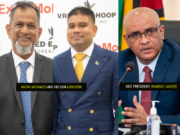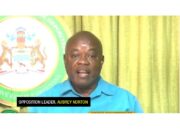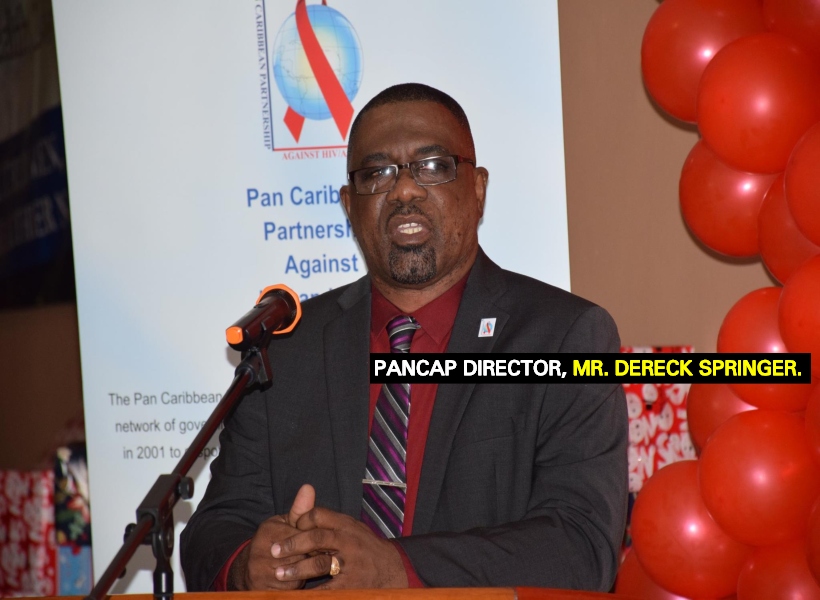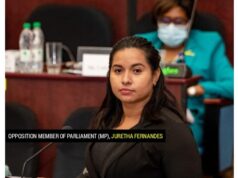Come next week, the Pan-Caribbean Partnership against HIV and AIDS (PANCAP) will host a regional meeting to provide guidance to the implementation of a Regional Framework on migrant health rights as part of the response to the HIV epidemic. Guyana is expected to be well represented at this meeting slated for Port of Spain, Trinidad and Tobago, from April 10 to April 11.
The Framework was developed by stakeholders at the Regional Forum on Migrants’ and Mobile Populations’ Health and Rights in June 2018, with funding from the Global Fund to Fight AIDS, Tuberculosis and Malaria.
Moreover, the purpose of the Framework is to increase the access of migrants and mobile populations to HIV prevention, care, support and treatment. The Framework provides a road map for equitable and non-discriminatory access to health care services across the Caribbean for mobile and migrant populations, regardless of age, race, colour, sex, language, religion, political or other opinion, national or social origin, sexual orientation, gender identity, property, birth or other status.
The Framework was subsequently endorsed by the Priority Areas Coordinating Committee (PACC – the technical committee of the PANCAP Executive Board), PANCAP Executive Board and the Council for Human and Social Development – Ministers of Health (COHSOD). The PACC recommended that PANCAP identify a model to guide countries in operationalising the Framework within their country context. This will be the focus of the upcoming regional meeting.
The meeting is occurring a few weeks after Hon. Terrence Deyalsingh, Minister of Health, Republic of Trinidad and Tobago announced that migrants will receive the same free health care as nationals, particularly in relation to sexually transmitted diseases.
The Minister was speaking at the Seventh Meeting of National AIDS Programme Managers and Key Partners held on 11 – 13 March in Port-of-Spain. The Minister further stated, “We have taken a decision in Trinidad and Tobago, you know we have Venezuelan migrants, to treat them as nationals. Because migrants do not live in isolation in the countries they migrate to. They mix with the rest of the population; they integrate themselves with the environment. So we have taken a policy decision at the Ministry of Health to treat all migrants regardless of their country of origin as citizens of Trinidad and Tobago when it comes to public health”.
PANCAP Director, Derek Springer stated that the Minister’s announcement could not be more timely as a pivotal aspect of the upcoming meeting will be the input provided by participants for finalising a guidance document on how to implement the Framework on Migrant Health and Rights within their country context.
The Director further highlighted that the objectives of the meeting are to share the findings of a desk review on models/guidance for operationalising the Framework on Migrants Health and Rights and validate the findings of an assessment of the needs of countries’ health systems to provide services for migrants.
Participants will include Port Health Medical Officers, Representatives of Ministries of National Security and Border Affairs, Legal officers and Protection Officers, International Development partners, Permanent Secretaries, Ministries of Health, Chief Medical Officers, National AIDS Programme Managers, Immigration Officers, Civil society partners that work with key populations, Faith Leaders, Youth Leaders, Private Sector, Academia, the International Organization for Migration and the Office of the United Nations High Commissioner for Refugees – The UN Refugee Agency.











